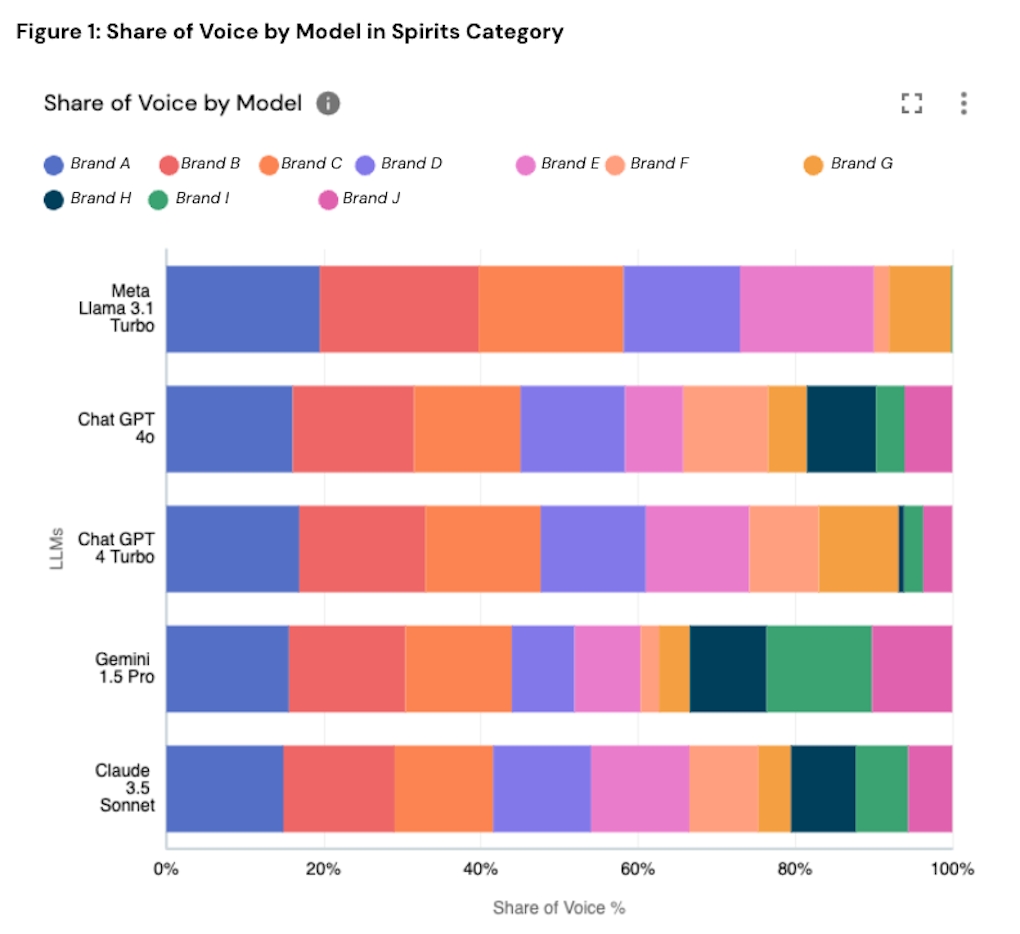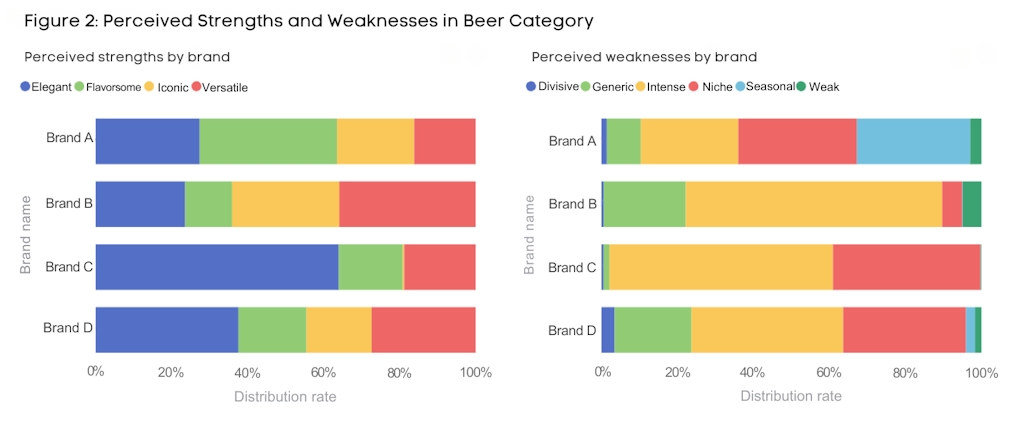It’s important to know what LLMs are saying about your brand – here’s how
LLMs play a major role in many buyers’ shopping experiences. John Dawson at Jellyfish explains how to understand what different models say about your brand.

The role LLMs play in the consumer choices we make is set to increase / Igor Myznik via Unsplash
If you ask someone why they bought a particular product, they might say because of its advertising or a discount that caught their eye. But, just as likely, the reason could be something outside a marketer’s control, such as a personal recommendation.
Recommendations have always been important. Regardless of the channel or category, word of mouth, reviews, and testimonials influence consumer decision-making. In the US, “recommendations from friends and family” are a top-three source of brand discovery.
Want to go deeper? Ask The Drum
Marketers have always tried to tap into the power of influence, whether through celebrity endorsements, claims that: "Four out of five dentists recommend," or by showcasing: “Over 10,000 five-star reviews.” Knowing what people are saying about your product and your competitors is crucial for shaping a successful growth strategy.

Our survey says
It’s no longer just people who are providing recommendations. A recent YouGov poll commissioned by Jellyfish reported that 50% of 18-24-year-olds and 53% of 25-34-year-olds say that LLMs like ChatGPT and similar AI tools have directly influenced their brand and product choices. The extraordinary growth of these services drives this prominence. Consider ChatGPT specifically, which was recently reported by the New York Times to have had 350 million people using the service monthly as of June 2024, with roughly 10 million using a paid subscription.
LLMs have surged in popularity, both as standalone services and as integral parts of the most widely used digital platforms, such as Google’s Gemini-powered search-generative experience and Meta’s integration of Llama 3 across all its apps. What’s striking from the YouGov poll is that people already have high expectations for LLMs. In fact, 35% of respondents say they expect LLMs to help them find the best brand or product. That confidence rises to 47% when asked about their trust in LLMs to deliver good or even the best recommendations.
LLMs are already influencing consumer decisions, and people expect them to guide their choices and trust the recommendations they provide. Soon, when you ask someone why they bought a product, their answer might be, “ChatGPT recommended it”. Or, of course, they may not even realize that an LLM played a role in their decision.

Start listening
AI models like OpenAI’s GPT-4 are no longer just sorting products as “good, better, best”. They’re reshaping consumer decision-making by providing detailed reasoning for their recommendations. For marketers, this represents a seismic shift: it’s no longer enough to gauge customer sentiment alone. They must also understand how AI perceives their brand, products, and competitors. Just as customer reviews provide insights into human preferences, AI’s "opinions" offer a new dimension of feedback that brands can’t ignore.
Advertisement
When you start to interrogate this brand perception, you quickly learn that different models (even those from the same company) may offer different perspectives about a category to consumers. Using Jellyfish’s Share of Model™ Platform, I looked at the results for three different categories: spirits, beers, and luxury cosmetics.
Figure 1 provides a view of the share of voice by model for the top ten brands in the spirits category. As it shows, every single model is different. In our work across many categories, it has been incredibly interesting to see how a brand’s salience compares across models. Models are already recommending brands in your category, being in that set of brands is crucial.

How not if
But it’s not just if models think about a brand, but how they think about your brand and key competitors that can provide deeper insights into how models perceive different categories. Based on model responses, we use embeddings – a machine learning technique – to determine how the models think about the strengths and weaknesses of brands in a category.
Just as people assign different strengths and weaknesses to brands based on the category, so do models. Figures 2 and 3 show how the models’ perception is specific to a particular category. We see this play out across industries, and discovering how models think about your category is an important step in understanding how to plan for a media landscape where models become a key touchpoint between a business and a potential customer.
Advertisement
Differences across models extend to these perceived strengths and weaknesses. Again, in our work across categories, it’s fascinating to see how the models perceive a brand differently, particularly when that perception might not reflect a marketer’s assumptions or established consumer research. The implication is clear: According to YouGov, 66% of 18-24-year-olds frequently consult LLMs for brand advice, so this is no longer a "future" trend. It’s happening now.
Understanding and influencing how AI models perceive your brand could be the key to staying competitive in this rapidly evolving landscape.
Content by The Drum Network member:

Jellyfish
Jellyfish is a marketing performance company for the platform world, where success demands a creative, multi-platform mindset. We help brands thrive, by navigating,...
